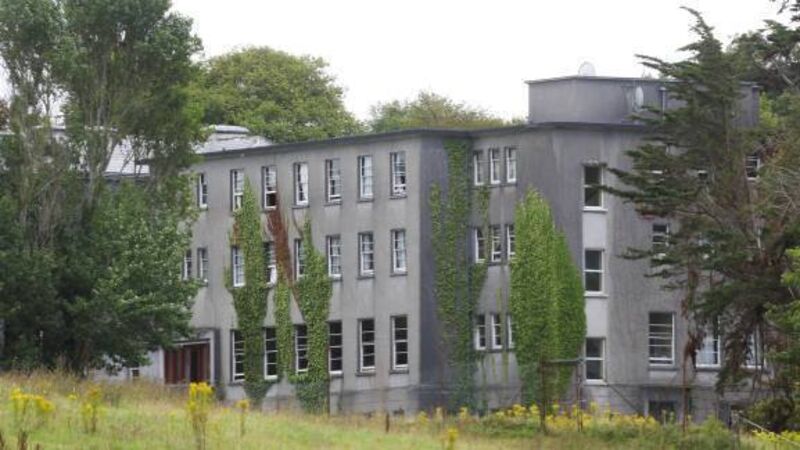Asylum protesters have been transferred

One resident, involved in a violent incident at Mount Trenchard, 5km from Foynes, also yesterday, appeared before a vacation sitting of Ennis District Court.
Doras Luimní, a Limerick-based organisation which works with asylum seekers and immigrants, yesterday called for the closure of the Mount Trenchard centre.













